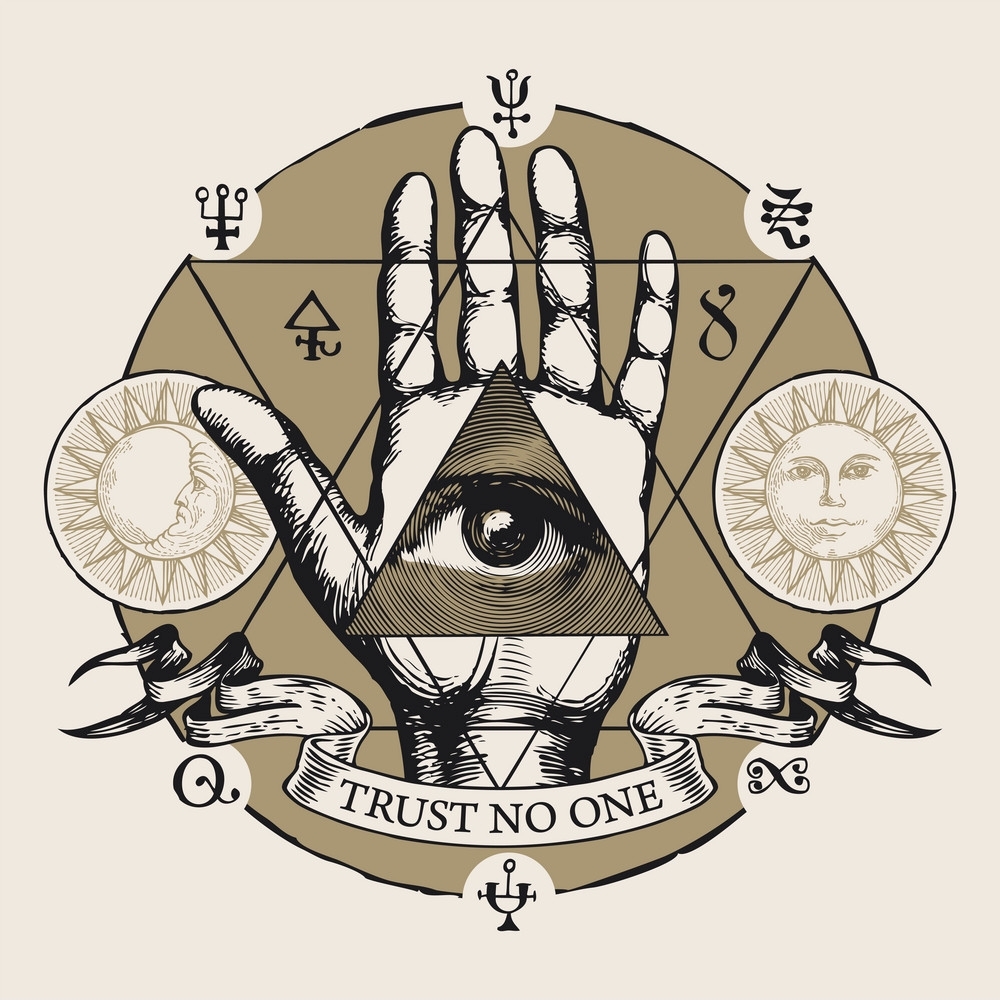Archbishop Desmond Mpilo Tutu, one of South Africa’s most enduring voices for social change and poverty alleviation, whose role in fighting and ending apartheid in the 1980s earned him worldwide fame, died December 26 at 90.
Tutu was born October 7, 1931, in Klerksdorp, a city in South Africa’s North West province. He once described the section of society in which he grew up as “deprived, discriminated against, oppressed and marginalized,” pointing out that what attracted him later in his life to Jesus Christ was how he identified with those who belonged to such a group.
The son of a schoolteacher, Tutu wanted to become a physician but couldn’t afford medical school. He trained as a teacher instead and taught for three years at a high school before studying theology, earning a master’s degree in the subject in England. He was ordained as a priest in 1960 and appointed as the first Black dean of St. Mary’s Cathedral in Johannesburg in 1975.
In 1986, Tutu became Anglican archbishop of Cape Town and the also the first Black General Secretary of the South African Council of Churches, an overwhelmingly Black organization that was unequivocally opposed to apartheid.
Tutu’s longstanding resistance against apartheid and his unrelenting defense of Black civil rights in South Africa are the defining features of his career as a cleric and human rights activist. His comments about public life in South Africa are known for their trenchancy and humor.
Impelled by his faith to confront widespread human rights abuse in South Africa, Tutu was awarded the Nobel Peace Prize in 1984 for his nonviolent opposition to one of the 20th century’s worst crimes against humanity—apartheid in South Africa.
“Tutu was saluted by the Nobel Committee for his clear views and his fearless stance, characteristics which made him a unifying symbol for all African freedom fighters,” the Norwegian Nobel Institute said on awarding him the Peace Prize. “Despite bloody violations committed against the black population … Tutu adhered to his nonviolent line. … The broad media coverage made him a living symbol in the struggle for liberation, someone who articulated the suffering and expectations of South Africa’s oppressed masses.”
After apartheid ended, Tutu named South Africa the “Rainbow Nation,” a reference to its multicultural population. “At home in South Africa I have sometimes said in big meetings where you have black and white together: ‘Raise your hands!’” he told the BBC in December 1991. “Then I have said: ‘Move your hands,’ and I’ve said, ‘Look at your hands—different colors representing different people. You are the Rainbow People of God.”
In 1995, a year after apartheid collapsed, South African President Nelson Mandela appointed Tutu to head the country’s Truth and Reconciliation Commission, which investigated apartheid-era human rights abuses in the country and sought to unify South Africans by giving legal immunity to those who confessed to political crimes they committed in the name of apartheid or against it from 1960 to 1994.
In response to criticism that the commission fell short of holding confessors fully accountable for their crimes, Tutu said
“There are different kinds of justice. Retributive justice is largely Western. The African understanding is far more restorative—not so much to punish as to redress or restore a balance that has been knocked askew.”
A prolific author, Tutu began his retirement from public life on October 7, 2010, his 79th birthday, although he continued his efforts to combat worldwide poverty, HIV/AIDS, climate change, misogyny and homophobia.
In a message on December 26 to Tutu’s daughter, the Rev. Mpho Tutu van Furth, the Dalai Lama mourned the loss of a “spiritual brother and good friend” who was “entirely dedicated to serving his brothers and sisters for the greater common good.”
The Tibetan leader and fellow Nobel Peace Prize laureate described Tutu as “a true humanitarian and a committed advocate of human rights.” There is no better way to “keep his spirit alive,” the Dalai Lama wrote, than “to do as he did and constantly look to see how we too can be of help to others.”
______________
The Church of Scientology publishes this blog to help create a better understanding of the freedom of religion and belief and provide news on religious freedom and issues affecting this freedom around the world.
The Founder of the Scientology religion is L. Ron Hubbard and Mr. David Miscavige is the religion’s ecclesiastical leader.
For more information, visit the Scientology website or the Scientology TV network.
DOWNLOAD THE WHITEPAPER

